“ITISHAPPENING”
Hao Guo
30 Jan → 14 Feb 2010
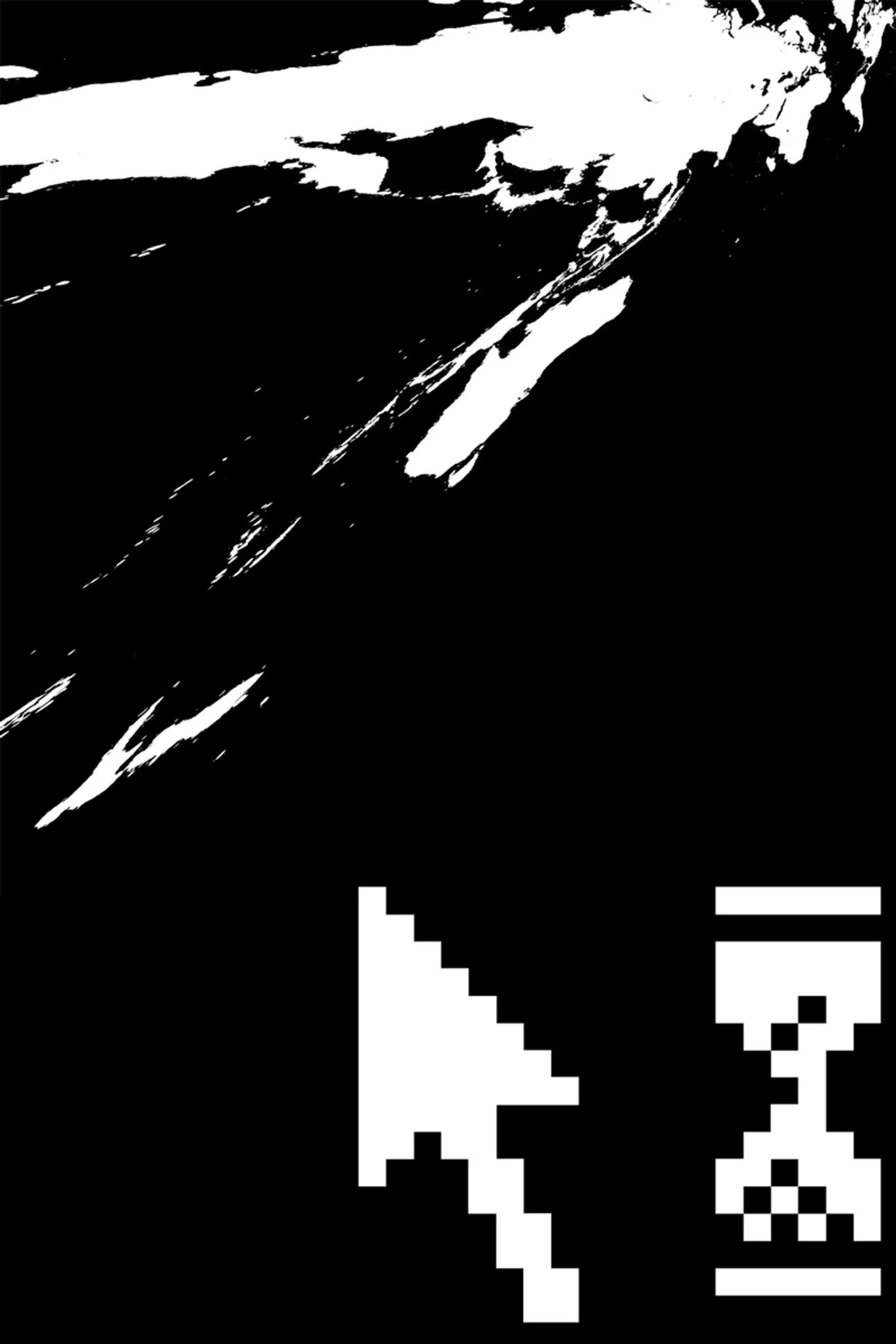
What strikes me is the fact that in our society, art has become something which is related only to objects and not to individuals, or to life. That art is something which is specialized or which is done by experts who are artists. But couldn’t everyone’s life become a work of art? Why should the lamp or the house be an art object, but not our life? (Foucault 1997: 261)
So I am. (Guo 2009)
Hao Guo is an artist from Beijing, China. He graduated from the art department of Capital Normal University, Beijing, and taught at schools before arriving in Australia. He completed an Applied Design course at RMIT before going on to complete a Bachelor of Fine Art (painting) with first class Honours at the Victorian College of the Arts in 2006. Hao is now undertaking his research Masters in Fine Art at the VCA.
Hao has been awarded a few prizes including Proud (2003 and 2004) and the Wallara Travelling Scholarship (2005). He has worked on many collaborative projects including: Increase Your Uncertainty with A Constructed World (Australian Centre for Contemporary Art, 2007), got no puppamumma with James Deutsher (Singapore, 2006), Hao Guo, a magazine edited by Olivia Barrett (2006), Little Deaths with Lane Cormick, Andrew Hurle and Rob McHaffie, curated by Stuart Bailey (Apartment Space, 2008), and the group show Objects in Space (a KickStart project presented as part of the 2008 Next Wave Festival). Hao created a project with James Deutsher during the 2008 Beijing Olympic Games, and whilst in Beijing held a simultaneous project with Thea Rechner in Melbourne at Seventh Gallery.
In 2009 Hao will return to China.
Writing for the occasion of Hao Guo’s exhibition ITISHAPPENING – Liv Barrett
In a book called Beyond the Brain orgasm is described as an ‘oceanic experience’ – this suggests to me why it’s such a common compulsion to place our bodies close to someone after it. (Pulling away from the wide-open space into the most immediate gratification of the thing right in front of, right next to.) Sex is vast yet it takes place in tiny corridors of life; we do it universally, but we do it very distinctly.
Underneath a tree, shaded from the sun, a friend told me that Bruce Lee died from ‘windy horse’. She described it as a condition observed in Chinese medicine where the entirety of a person’s energy becomes indissolubly attached to their sexual energy, usually when the person is taking drugs. When they cum they cannot stop and all the energy is released from their body until death. Sublimated, this idea emerges in my mind with flickers of Hao Guo’s work. The immensity of life and universal energies being contemplated and carried by enervated human vessels.
In Singapore an ad came on television that suggested ‘your’ universe was contained inside ‘your mobile phone’. We are only as deep as our technologies will allow us to penetrate, is this the message? A white, painted computer cursor feels like the more expansive possibility of this question, as we plunge into the compulsive logic of computers, which expand our research and provide the easiest passages towards things we love, people we love, ideas we want to live with and grow to love. But on the Internet we are all spies. We hover over the world, like a pixelated cursor hovering over a word, and we are reinforced as singulars.
A problem within the professional, published dialogues about art is the frequent attempts to seek out a consensus, usually so there is something to destroy and then there is space for something to becomes ‘new’. It’s remarkable because it puffs and swells with the same ostensibly spontaneous, self-conscious manoeuvring and personality plays like we are used to seeing in the world’s commodity and stock exchanges. The one thing this process seeks to deny is what I feel is the most reverberating, endemic and fulminating proposition of what it means to be an artist. That is, to seek the full integration of art into life, to refuse the separation that is sought by the consumptive market, to embody the cycles of absorption and creation so that a practice is cognitive, emotional, historical, present and propelled. And so Hao is.
Hao’s Masters writing reads like a formal exposition of the sensitivities, self-reflection, humour and expansiveness that I was already aware he possessed. And so we see many mirrors in his work, and we are placed directly within the question, we are its subject. A different space emerges through these reflective panels, one that is not present or absent, just perceived. Hao sent me a YouTube clip of Harold Pinter, who has since died, speaking directly to the camera about the different requirements for the concept of truth. Within any kind of creative production, truth has no solitary point, no fixedness. There is no need to decide on a truth that fits comfortably with a universal human dialogue. Yet in the realm of the political, where Pinter was vocal, aggressive, staunch and articulate, he was fixed on the necessity of truth. And a truth that penetrates all spinning, all jargon. Aptly, Pinter’s last fixation was the Iraq war, a situation where an initial neglect for truth led to numberless suffering, an inescapable truth. This year Hao will fly back to Beijing with very different political sensations to the torpid slush that fills around our deeply apathetic borders. I wonder how Hao will respond to these new questions of truth in a context where the weight of what is said, and how real those statements are perceived to be, is fast and heavy.
A wooden coffin hangs with industrial rope and clips in a dark room, a light emanating from its bowels. When I first saw this work it was late at night, I was sick with an insidious disease but elated by my human company, weak from broader circumstances yet relieved in the cooling philosophy of the present moment. The glowing coffin threw me back to a feeling of being ingested by the halls of Catholic or Orthodox cathedrals. In those places death seems to glow with that tempting promise of eternal light. Like most religious spaces, the walls paint a picture that reads: In death we are free to shine. Death, outside of religion, feels like a contextualising tool that propels us into the present with the lighter reassurance that things do pass. Hao’s work has often invoked the idea of death, in the only way it can really be engaged with by the living: as an immense and unknowable myth, that contains our fear and then sets us free of it, in a pendulum that does not cease to swing.
Anyone who is interested in the perpetual puzzle of ontology has to embrace cycles and rotations. A heightened banality, or rigorous mundanity, embodied in Hao’s 3D self-reflections, or self-incarcerations, sees him turning endlessly on an invisible axis in an intangible realm. Quotidian, repetitious behaviour always links us back to the visceral animal or the political animal, so sex and power infest Hao’s work. I look forward to It Is Happening like I look forward to a conversation with Hao – the facile and direct communication, where nothing is shrouded in convolution and everything emerges through a kind of blunt poetry. Language performs its most sublime function in transposing something solid into the intangibilities of a wandering spirit. Like water into wine, or a familiar liquid into a noxious gas.
January 2009
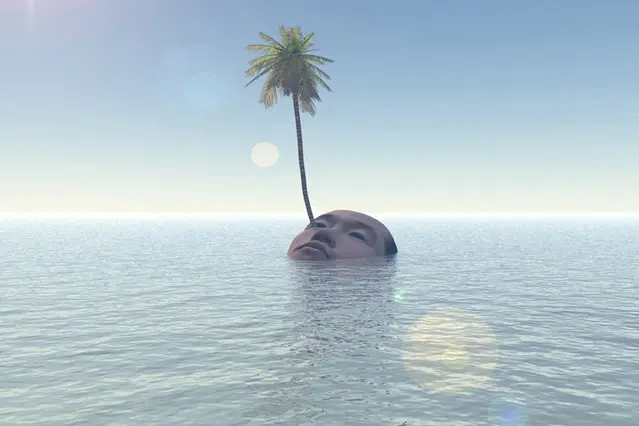
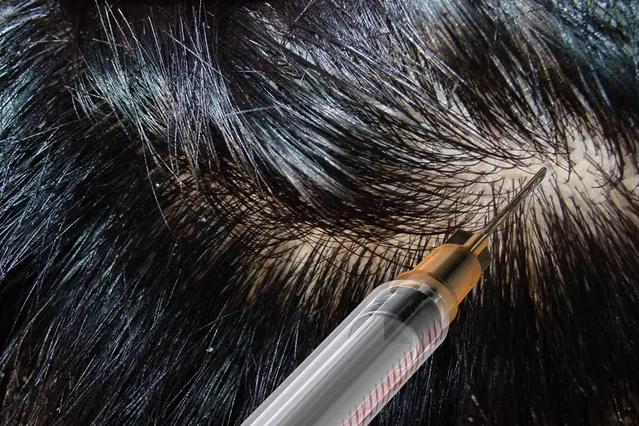
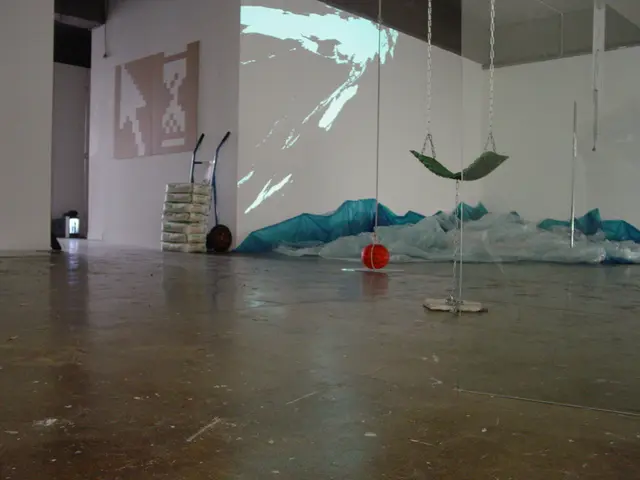
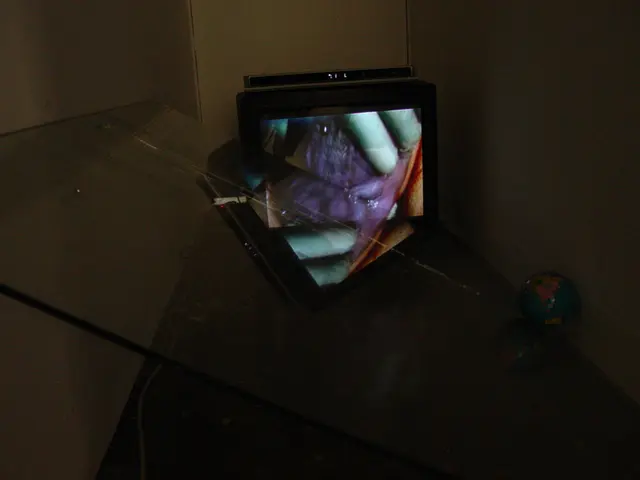


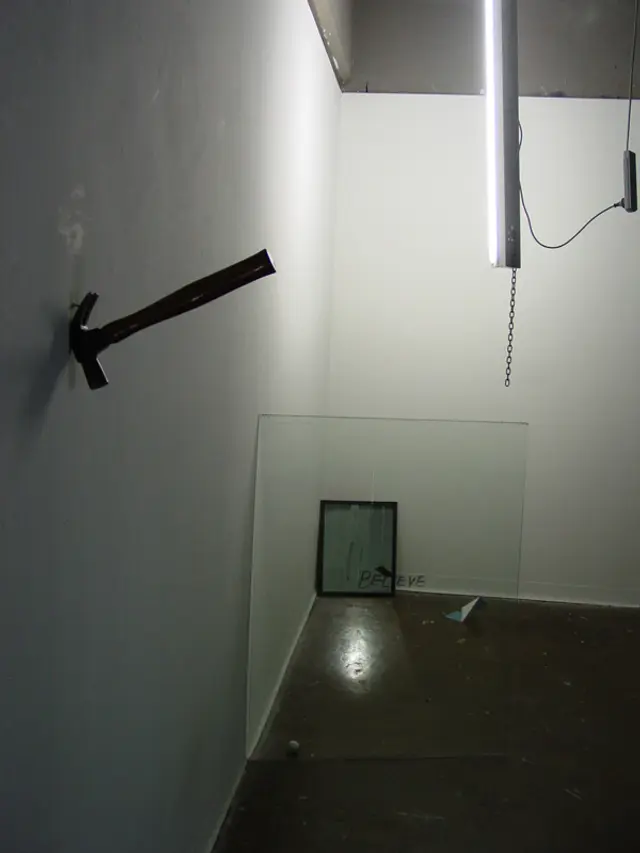
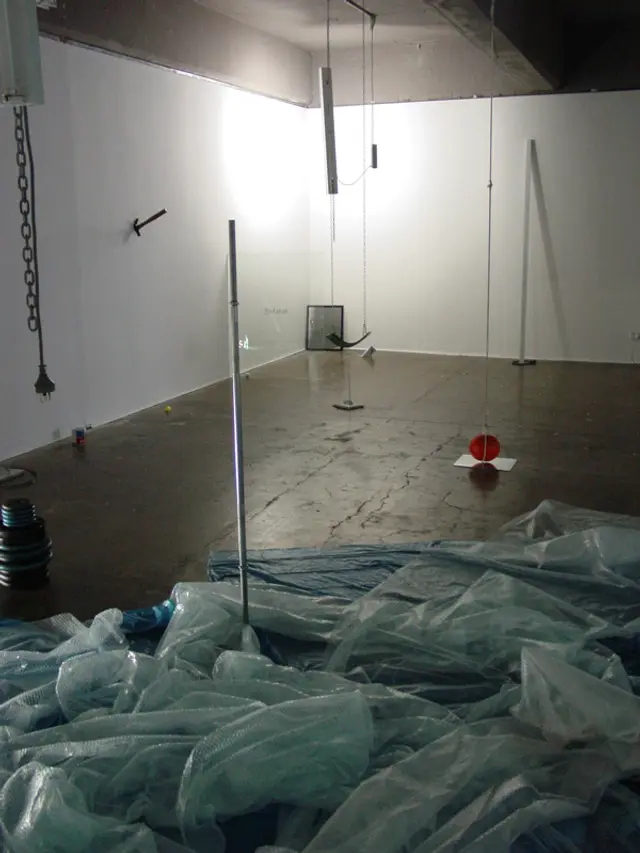

Hao Guo